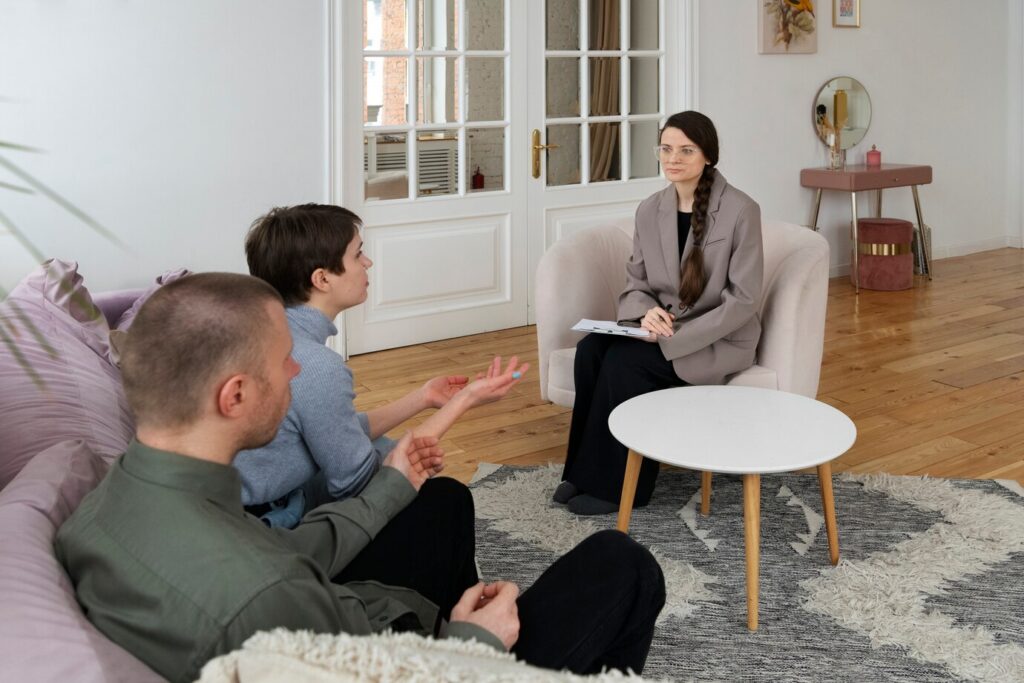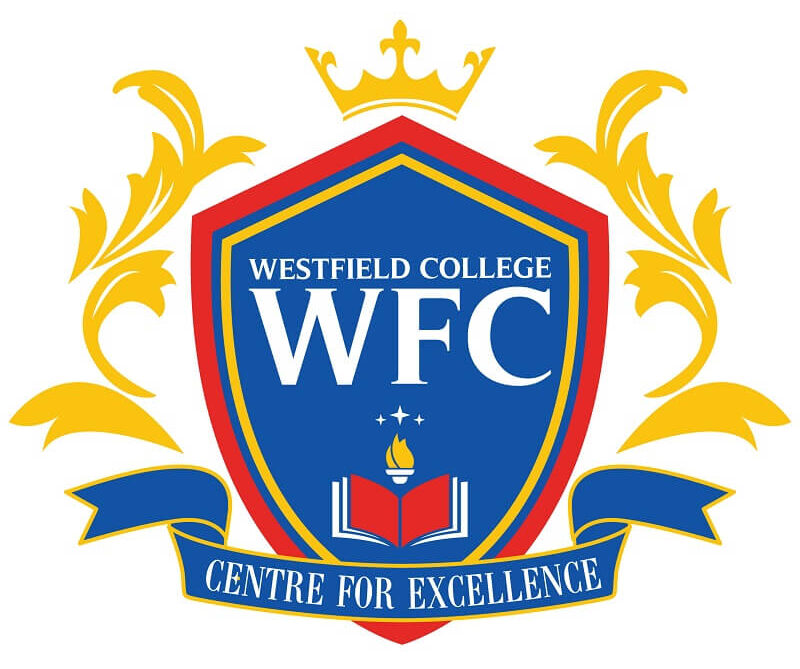Communication in Health and Social Care. Great Course. Very Easy to Understand
MA Integrative Counselling and Psychotherapy

MA Integrative Counselling and Psychotherapy
Overview:
The three-year, MA in Integrative Counselling and Psychotherapy, is accredited by the British Association for Counselling and Psychotherapy (BACP), for the first two years of study. This means that on successful completion of year two, you are eligible to professionally register with the BACP as an integrative counsellor and psychotherapist. The course emphasises the integration of theory, research, therapeutic practice, and a commitment to self-awareness to help you develop as a safe, creative and ethically sound counsellor and psychotherapist.
The course has a long tradition of preparing students to be versatile and adaptable in their therapeutic practice in order to meet the individual needs of different client groups and placement agencies.
The MA Integrative Counselling and Psychotherapy course facilitates students in developing a critically analytical and evaluative understanding of integrative counselling and psychotherapy theory and therapeutic practice, enabling them to develop their own cohesive, safe, ethical and effective approach to counselling and psychotherapy practice, which can be adapted for use in a wide range of contexts for both short and long term work.
The MA Integrative Counselling and Psychotherapy consists of two years of BACP accredited core practitioner training plus a third year in which an extensive piece of independent research is completed.
The embedded core therapeutic model underpinning the course is a relational integrative one that comprises of the humanistic person-centred and existential approaches, along with the relational psychodynamic, cognitive-behavioural and third wave approaches to counselling and psychotherapy practice.
Online application form
Information requested on this form should be completed in as much detail in order to process your application successfully. All fields marked * must be completed.
Apply Now
Entry Requirements
Postgraduate Certificate in Integrative Counselling Skills or equivalent.
- An Honours degree in a relevant subject area
Disclosure and Barring Service (DBS) check on the Adult Workforce and Adult Barring Lists and subscription to the DBS Update Service. (Overseas equivalent required for non-uk applicants)
Two references uploaded with your application (one from your previous/current Counselling tutor)*
The criteria for a suitable placement will be discussed at interview and we will provide you with information about organisations who regularly accept integrative counselling and psychotherapy students on placement. You will need to organise the placement for yourself but our placement team are available for advice and support.
WHAT YOU WILL STUDY
Year One
Integrative Counselling Theory and Practice: Introduces the theory and foundational skills of the humanistic person-centred and existential approaches, whilst also setting the firm foundations of the ethical and legal frameworks within which counsellors and psychotherapists are duty bound to work- 20 credits.
Applied Integrative Counselling Theory and Practice: Introduces the theory and foundational skills of the relational psychodynamic approach. In addition, students begin to learn how to integrate approaches within applied therapeutic practice with real client issues – 20 credits
Personal and Professional Development: This module places emphasis on self awareness, patterns of relating with others, working with unhelpful aspects of self in addition to working with the challenge of giving and receiving feedback. – 20 credits
Year Two
Advanced Integrative Counselling Theory and Skills: Introduces the theory and foundational skills of Cognitive Behavioural Therapy and Third Wave approaches, such as mindfulness, CFT and ACT. The module also provides an overview of models and approaches to working with mental health, e.g. Medical Model, Bio-Psycho-Socio-Spiritual Model as well as more Trauma-Informed approaches. – 20 credits
Advanced Applied Theory and Practice: This module focuses more on working integratively with a range of client issues typically found in professional practice e.g. grief and loss, domestic abuse, complex trauma. There is also a focus on developing research skills in preparation for completing a research project. – 20 credits
Advanced Personal and Professional Practice: This module places emphasis on engaging with and facilitating safe, ethical and effective group work.
Year Three
Research Methods and Dissertation: You will learn a range of appropriate research methodologies and methods, to support you in developing, implementing and completing your final dissertation submission. You will be allocated a personal academic supervisor to provide expert guidance, advice and support throughout the process.
Teaching
Classes include interactive theoretical lectures, experiential workshops, personal development groups, role play, simulated skills groups, and digital recording of skills sessions for assessment and presentation purposes.
In addition, you will need to be in a placement location seeing ‘real’ clients throughout the first two years of the course (once you have been assessed as ready to practice) and you will need to have completed at least 100 hours of supervised counselling and psychotherapy practice by the end of the first two years. There is a BACP requirement that you should have fortnightly supervision for your counselling and psychotherapy practice and a minimum of 1.5 hours supervision a month.
We expect students to attend all teaching sessions, and there is a minimum requirement of 80% attendance for successful completion of the course.
In Year Three, there are seven days of tutor-facilitated teaching and learning and nine hours of direct dissertation supervision. Supervision meetings would be discussed directly and flexibly arranged with the designated member of staff.
Assessment
A range of assessment is used on the MA course to test your knowledge, skills, self-awareness and therapeutic practice ability.
Year One: Online Simulation of a 50-minute Counselling and Psychotherapy Session, Critical Skills Report, Essay, a Portfolio of Professional Practice including Personal Development Reflections.
Year Two: Essay, In-Person 50 minute Counselling & Psychotherapy Session, Critical Skills Report, Case Study, Research Proposal, Professional Practice Portfolio including the Facilitation of a Group Activity.
Year Three: An ethically approved 17000 word Research Dissertation in addition to a number of formative assessment opportunities that will be set throughout the year to support your progression towards your dissertation.
COURSE DETAILS
We regularly revalidate courses for quality assurance and enhancement
At USW, we regularly review our courses in response to changing patterns of employment and skills demand to ensure we offer learning designed to reflect today’s student needs and tomorrow’s employer demands.
If during a review process course content is significantly changed, we’ll write to inform you and talk you through the changes for the coming year. But whatever the outcome, we aim to equip our students with the skillset and the mindset to succeed whatever tomorrow may bring. Your future, future-proofed.
Additional Costs
As a student of USW, you’ll have access to lots of free resources to support your study and learning, such as textbooks, publications, online journals, laptops, and plenty of remote-access resources. Whilst in most cases these resources are more than sufficient in supporting you with completing your course, additional costs, both obligatory and optional, may be required or requested for the likes of travel, memberships, experience days, stationery, printing, or equipment.
CAREERS
Although building the hours to achieve personal BACP accreditation will require more practice experience, upon successful completion of formal training hours and assignments, graduates of the MA Integrated Counseling and Psychotherapy will be ready to seek employment in the field counseling and psychotherapy.
Alumni of the course have improved their career profile in their current employment or found new jobs in the voluntary sector, in health settings, in Higher or Further Education, in Employment Support Programs (EAPs), in business and in private practice.
The course has a good record of graduates developing portfolio careers, using their adaptable approach to work in a variety of settings. It is also possible to undertake further specialist training to work with children and young people.
On completion of the Masters, you will have demonstrated a detailed knowledge of integrative counseling, including specialist knowledge gained from your own thesis or applied professional project findings. This is likely to further develop your reputation and employability as a counselor or therapist in the statutory, commercial and third sectors. There may also be opportunities for you to progress to a PhD.
Fees
Full time
- 12 to 18 months
£7,250
You’ll study 9 modules in total (approx. 37 hrs/week).
Part time option one
- 12 to 18 months
£4,250
You’ll study 6 modules per year (approx. 25 hrs/week).
Part time option two
- 12 to 18 months
£5,500
Have a question about our professional qualifications?

Contact us about our professional qualifications
If you have any questions about our professional qualifications in finance and banking, please contact our customer services team.
Call us
- +44 (0) 203 771 5653
- admissions@westfieldcollege.co.uk
What Our Students Have To Say
Hi, I recently started Access to Higher Education Diploma (Nursing and Midwifery) course with Westfield College.
--Komal Kiran Galaria
DesignerMy experience with Westfield College is great. The supervisor and the admin team are proactive and efficient.

